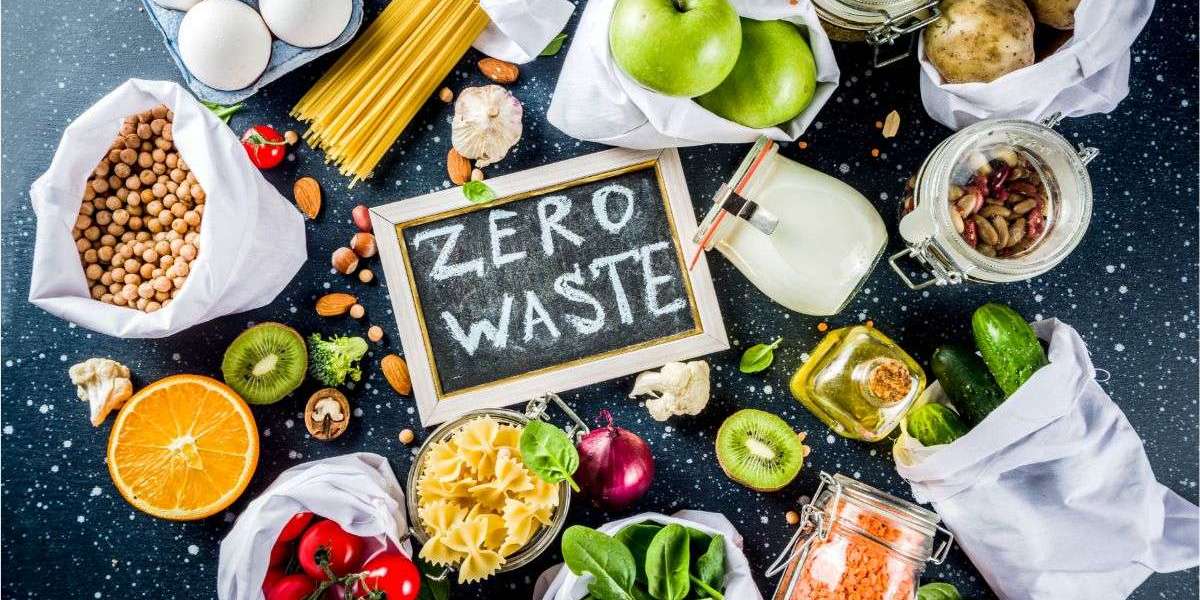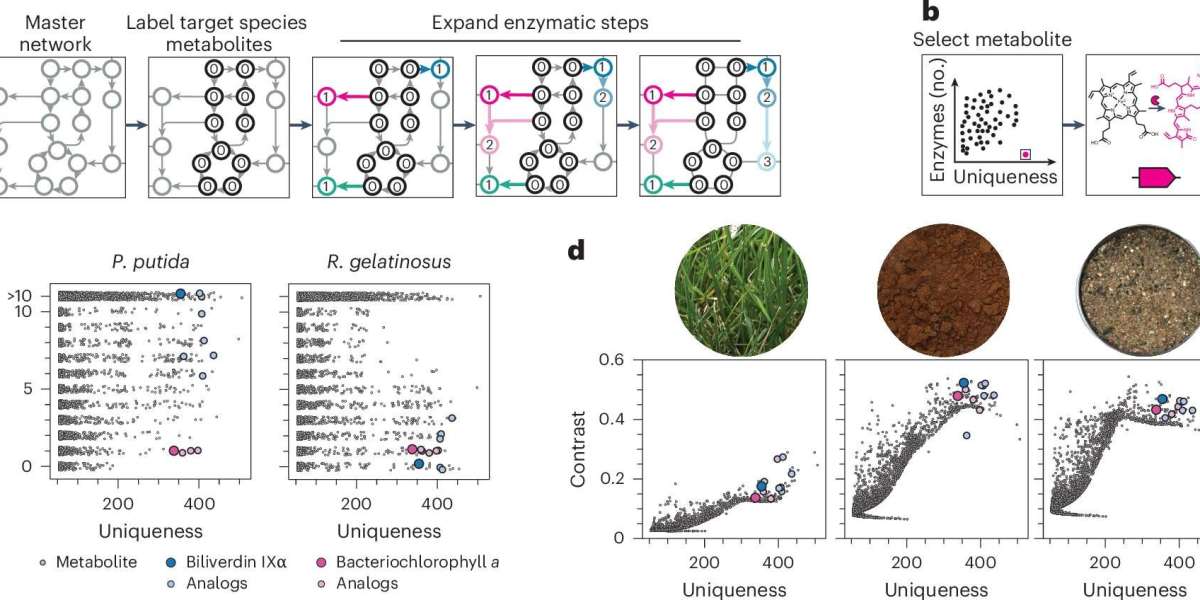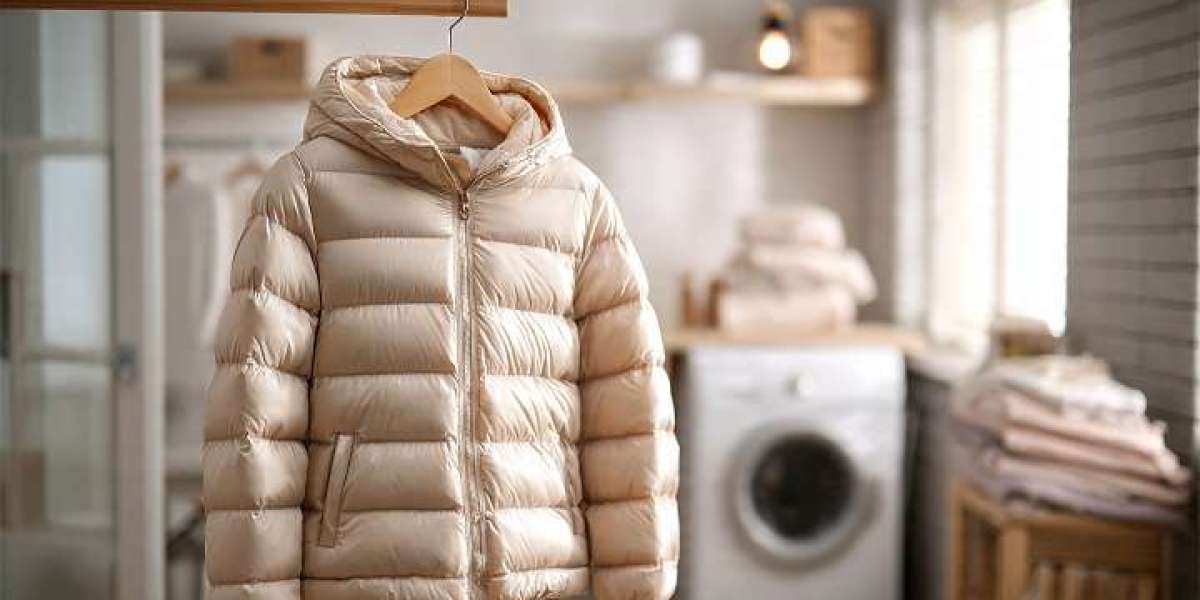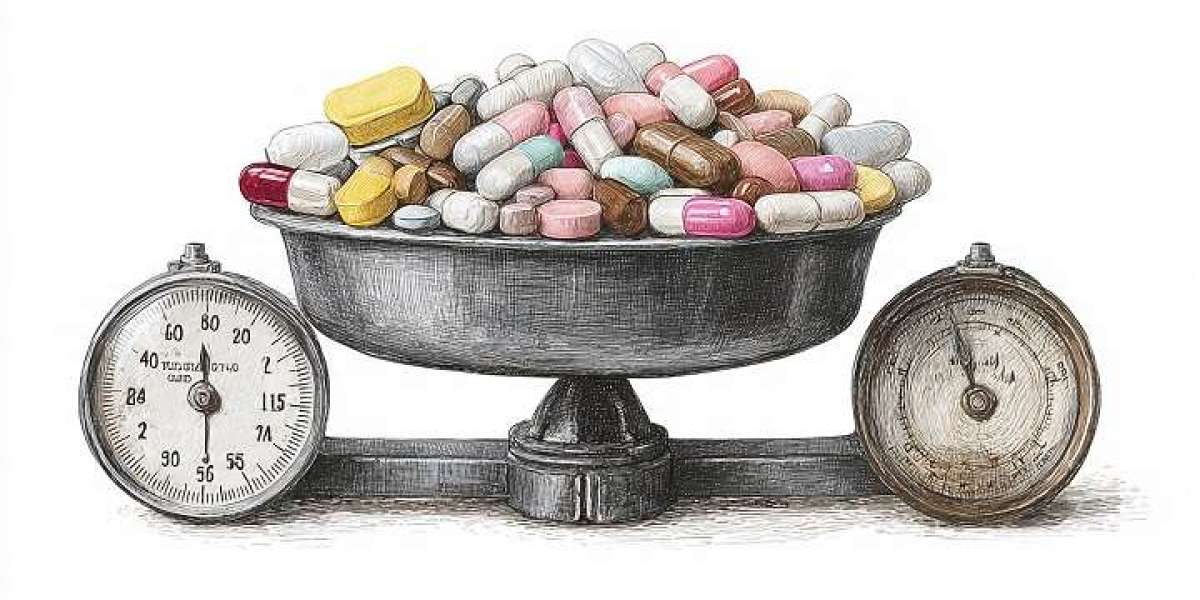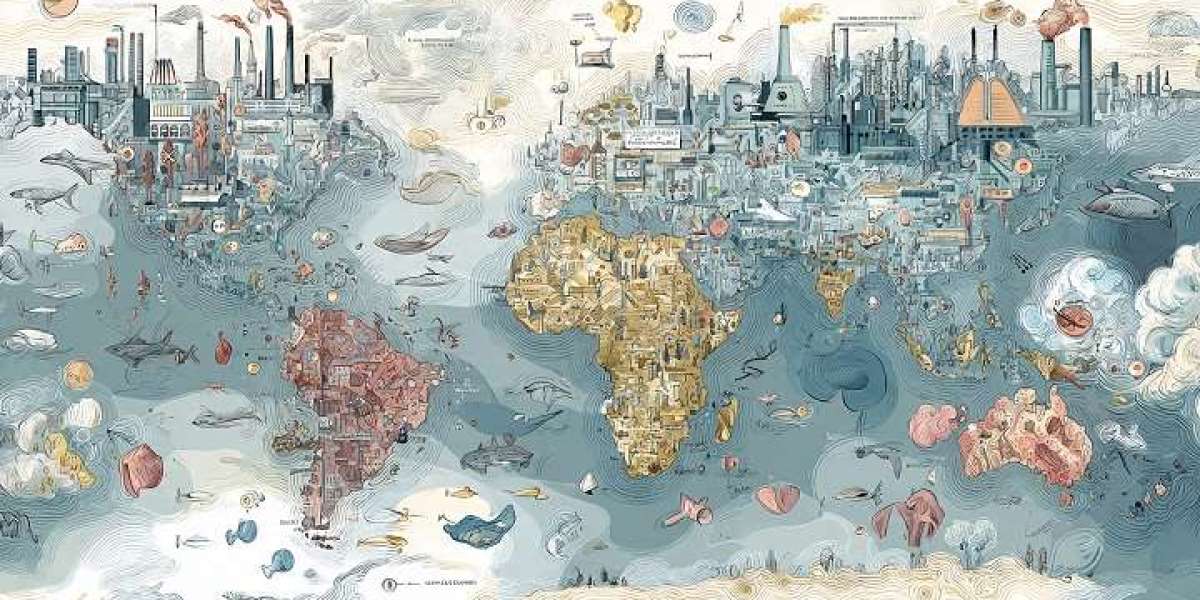article image source: thesustainablebrandsjournal.com (link)
As the global climate crisis intensifies, many people are beginning to question their daily habits—particularly the waste they generate. From plastic packaging to food scraps and disposable products, the trash we produce doesn’t just disappear. It piles up in landfills, pollutes oceans, and contributes to greenhouse gas emissions.
advertisement
One of the most powerful ways individuals can take action is by adopting a zero-waste lifestyle—a conscious effort to reduce and ultimately eliminate the trash we send to landfills. Though achieving true “zero” waste may not be possible for everyone, the movement is less about perfection and more about making intentional, sustainable choices that align with our values and protect the planet.
Why I live a zero waste life | Lauren Singer | TEDxTeen
What Is the Zero-Waste Lifestyle?
At its core, a zero-waste lifestyle means minimizing the waste you produce to the greatest extent possible. It’s about refusing single-use items, reusing what you already have, recycling correctly, and composting organic materials. It also involves questioning how products are made, packaged, and disposed of—shifting from a disposable culture to a circular, sustainable one.
The term “zero waste” first emerged in the 1970s, introduced by a company called Zero Waste Systems Inc. in California. Initially aimed at managing industrial toxins, the concept has since evolved into a global grassroots movement, embraced by individuals, communities, and businesses alike.
Contrary to popular belief, zero-waste living isn’t just for activists or "eco-warriors." As environmentalist Lauren Singer—a pioneer of modern zero-waste living—demonstrates, anyone can make sustainable changes, regardless of age or background. Through simple, everyday actions, she managed to produce just one small jar of trash over three years.
Why Choose a Zero-Waste Lifestyle?
The environmental motivation is undeniable. Although the United States makes up only 5% of the global population, it generates over 30% of the world’s garbage. The average American produces about 4.4 pounds of trash per day—that's over 1,600 pounds of waste per person each year. Most of it ends up in landfills or the ocean, contributing to climate change and ecological destruction.
But beyond the environmental impact, zero-waste living offers personal benefits:
Financial savings: Buying in bulk, reusing items, and avoiding unnecessary purchases can significantly cut costs.
Healthier habits: A zero-waste diet typically includes more whole, unpackaged foods like fruits, vegetables, grains, and legumes.
Peace of mind: Living in alignment with your values can bring clarity, simplicity, and joy.
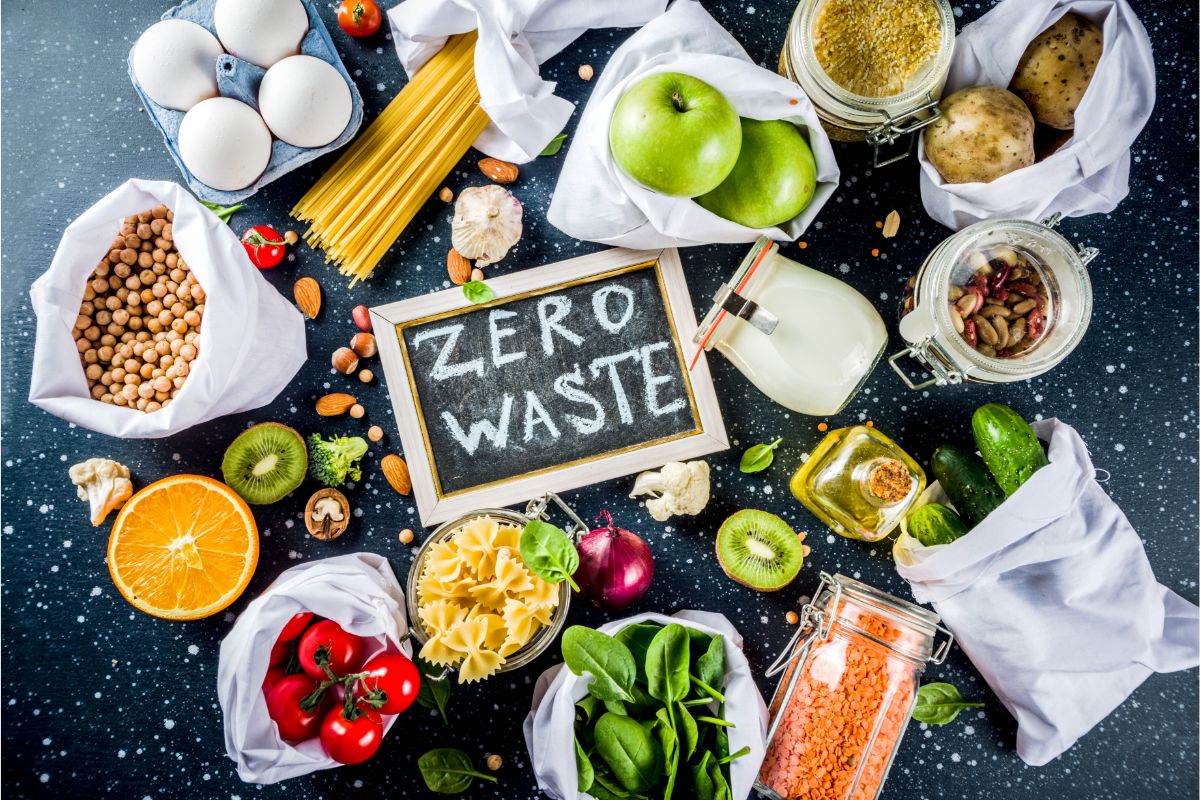
image source: thesustainablebrandsjournal.com
How to Start Living Zero-Waste
Transitioning to zero-waste doesn’t require a radical lifestyle overhaul. In fact, starting small is key. Here are three simple steps, inspired by Lauren Singer’s journey:
Know your trash: Pay attention to what you throw away. Is it mostly food waste? Packaging? Paper goods? Understanding your habits is the first step toward changing them.
Pick the low-hanging fruit: Replace single-use items with reusables—bring your own shopping bags, water bottle, coffee cup, and containers. These one-time swaps have long-term impact.
Do It Yourself (DIY): Try making simple household or personal care items like toothpaste, deodorant, or cleaning spray. DIY gives you full control over ingredients and packaging—and it’s often cheaper, too.
Practical Tips for Going Zero-Waste
Here are nine actionable tips to help you move toward a zero-waste lifestyle:
Ditch single-use items: Replace plastic straws, cutlery, paper towels, and bottles with reusable alternatives like cloth napkins and stainless steel containers.
Audit your trash: Track what you throw away to identify habits you can change, like buying less food that goes uneaten or avoiding packaged goods.
Recycle smarter: Not all recycling is equal. Learn your local recycling rules and practice repurposing items around the home.
Shop second-hand: Thrift stores are treasure troves of reusable goods—from clothing and furniture to kitchenware.
Repurpose creatively: Turn old jars into food containers or flower vases. Make grocery totes from old T-shirts. Waste nothing.
Compost food scraps: Items like fruit peels, eggshells, and coffee grounds can enrich soil instead of creating methane in landfills.
Buy fresh and local: Choose unpackaged produce from farmers’ markets. Bring your own containers to reduce plastic waste.
Use rechargeable batteries: Reduce toxic electronic waste by switching to rechargeable options.
Find community: Join local or online zero-waste groups. Sharing tips, experiences, and encouragement can help you stay motivated.

image source: ingeniumcanada.org
Overcoming Common Challenges
Yes, going zero waste can feel overwhelming at first—especially if you compare yourself to people who can fit years of trash into a mason jar. But perfection isn’t the goal. Progress is.
Here are a few things to remember:
You don’t need to do it all at once. Start with what’s easy and build from there.
Set realistic goals. Choose what changes make sense for your lifestyle.
Make it fun. Explore zero-waste brands, DIY projects, and stylish reusable products that align with your personality.
Businesses like Package Free Shop and Life Without Plastic are making sustainable living more accessible and attractive than ever.
The Real Benefits of Zero-Waste Living
Lauren Singer emphasizes that zero-waste living isn’t hard—and it’s not a sacrifice. It’s a conscious, empowering shift. Here’s what many people discover along the way:
You save money by buying less and reusing more.
You eat better by avoiding processed, packaged foods.
You feel better, mentally and physically.
You align your actions with your values, which is deeply fulfilling.
Most importantly, you begin to understand that your choices matter. Every purchase, every piece of trash avoided, is a vote for the kind of world you want to live in.
Final Thoughts: Small Changes, Big Impact
Zero-waste living isn’t about being perfect. It’s about being aware. Every step—whether it’s bringing your own bag, composting food scraps, or skipping that plastic-wrapped snack—is a contribution to a cleaner, healthier planet.
As Lauren Singer so eloquently put it:
“I want to be remembered for the things I did while I was on this planet—not for the trash I left behind.”
Let that be the legacy we all aim for.
Thank you !
